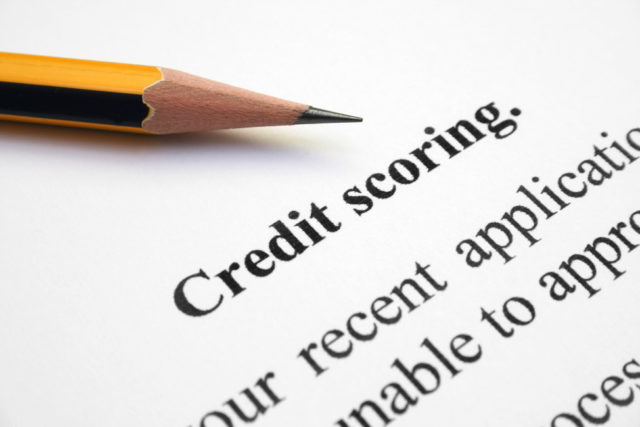
Before you apply for any loan, including a personal loan, you must have general knowledge about loaning. This includes its processes, how it works, financial terms that you would likely encounter, and what you ought to do before and during your loan application.
One of the most frequently encountered terms when loaning is “credit score.” This term refers to the 3-digit number that determines your creditworthiness and your chance of getting loan application approval from your lender.
Credit Score: The General Background
One of the documents you need to submit when you apply for a personal loan is your financial records, including all your credit files and financial statements. These financial records determine your credit score, which is one of the lenders’ indicators to measure your creditworthiness.
Technically, a credit score serves as a rating or a numerical grade that summarizes how you manage your finances and debts. Some of the lenders also use it as an indicator of your likelihood to repay your debts. Having a higher credit score, on the one hand, would mean that you are a responsible borrower. On the other hand, having a lower score would mean that you can be a risk to their company if you get approved.
When you get a fair credit rating, that would mean that you have a score that ranges between 580-669. Having a fair credit score is better than having a bad credit score regarding your chance of getting approved. But, in terms of getting favorable terms and interest rates, it is no better than those who have good or exceptional credit scores.
Besides knowing the necessary information about credit scores, it is also advantageous for you to know your credit score. Knowing your credit score would help you track the changes in your credit reports. In that way, you will also be able to correct any inaccuracies and errors in them if there are any.
If you plan to apply for personal loans for fair credit, take some necessary steps, and follow some helpful tips so that you will get approved for the amount of money you intend to borrow.
Factors That Can Influence Your Credit Score
Like any mathematical equation, the computation of credit score is based on some factors and variables included in your credit files and financial reports. These credit score variable or factors include:
Payment History
35% of your credit score is rooted in your payment history. Your payment history is a record of all your bills and payments. To have a higher credit score, you must pay your bills on time.
Credit Utilization Rate
Credit utilization shares 30% of your credit score. You can calculate your credit utilization rate by summarizing all your debts, divided by your total available credit. Having a lower credit utilization rate means you are using less of your available credit and not overspending.
Inquiries and New Credit
There are two forms of credit inquiries: hard inquiry and a soft inquiry. Soft inquiry such as checking your credit report does not affect your credit score. While hard inquiry such as a new loan or credit card application and mortgage does. Inquiries and new credit share 10% of your credit score.
Diversification of Credit
There are different types of credits. Having multiple credit types is okay as long as you can pay them on time. Maintaining multiple credit types may also indicate that you can handle paying different types of loans. 10 % of your credit score is based on this.
Length of Credit History
The length of time you have been paying bills and using credit reflects 15% of your credit score. The longer you are in the credit industry, the better. It would give your lender an idea of how you manage your credits and loans.
FICO Score Range
The FICO credit score is a credit-risk model that uses numerical value with its equivalent rating or description in determining your credit score. Most lending companies and lenders use this model in measuring all the factors and variables of your credit score.
The range of this credit-risk score model starts with 300-580 as poor or bad credit, 580-669 as fair credit, 670-739 as good credit, 740-799 as very good credit, and lastly, 800 and above score as exceptional credit.
Effects Of Credit Score On Your Life
Your credit score is utilized as an indicator of your likelihood of paying for your loans and plays a huge role in your life’s financial aspect. If you apply for a job in the financial industry, your chance of getting hired will increase if you have a very good or exceptional credit score. It would also be easier to score a new house, phone, and car if you maintain very good credit.
How To Improve Your Credit Score
The most basic yet effective way to improve your credit score is by paying your bills and financial responsibilities on time. You can also improve it by avoiding overspending and repaying your debts, loans, and credits. Applying for new loans only when needed and ensuring that your credit report is accurate also helps.












